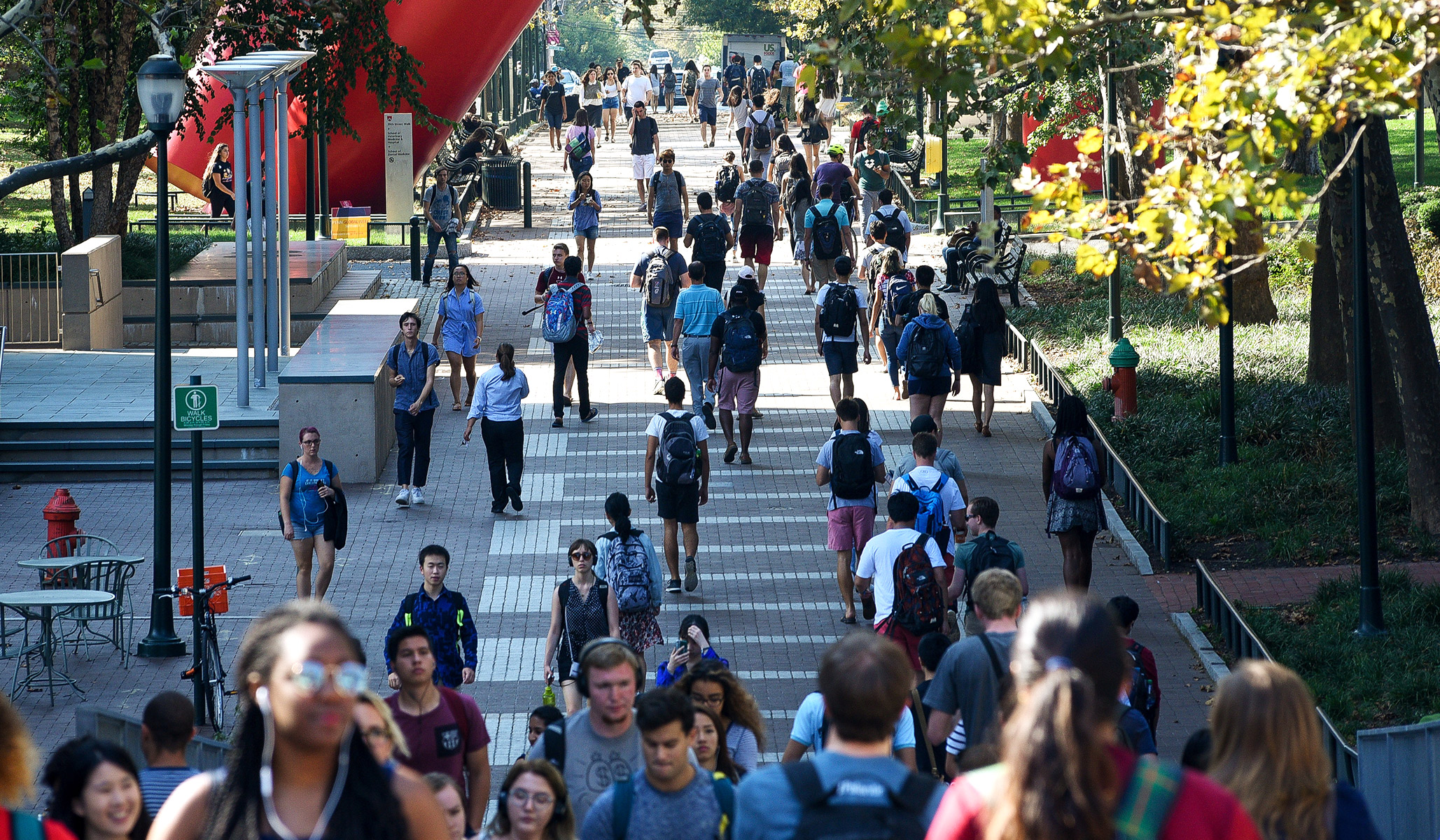


The New York Times published a report on Sunday profiling the University of California, Davis, and its almost 30-year-old efforts to promulgate racial diversity in its medical school while operating in a state that banned affirmative action in 1996.
The Times reports:
“Mostly rich kids get to go to medical school,” [Dr. Mark Henderson] said.
In his role at the medical school at the University of California, Davis, Dr. Henderson has tried to change that, developing an unorthodox tool to evaluate applicants: the socioeconomic disadvantage scale, or S.E.D.
The scale rates every applicant from zero to 99, taking into account their life circumstances, such as family income and parental education. Admissions decisions are based on that score, combined with the usual portfolio of grades, test scores, recommendations, essays and interviews.
You can read the rest here.
In light of the Supreme Court’s decision in Students for Fair Admissions, Inc. v. President and Fellows of Harvard College, effectively ending affirmative-action programs (positive discrimination) in schools that accept government funds, universities are searching for a legally viable surrogate system for admitting students who have certain ethnic or racial backgrounds but who have neither the grades nor test scores necessary to enter on merit alone.
As a result, “word has gotten out about the U.C. Davis scale,” the Times notes. “Dr. Henderson said that about 20 schools had recently requested more information.” This all seems like a lot of work to make the campus photographer’s life a little easier. Moreover, why are we supposed to be impressed by the admissions process of the sixth-best medical school in the University of California system? I have a lot of time for stories of perseverance and overcoming difficulty — one of the pleasures of journalism is finding, hearing, and relating those accounts.
But when a hunting accident involving armed bears results in my suffering a sucking chest wound, the doctor’s background is of no importance, while his ability to keep me alive is imperative. When ability and knowledge have observable outcomes, positive or negative, then no other qualities surpass them in rank.
Doctors from lower economic backgrounds surely have much to offer. We should want doctors who came up from nothing. One can easily imagine that they’d be more sympathetic to budgetary restrictions and look to find cheaper alternatives to name-brand medications or have personal experiences working through Medicaid’s Minoan ambages and offer those struggling a metaphorical length of cord.
Diversity in service of better health outcomes is splendid, but I fail to see how an arbitrary points scale does anything other than place students in a school they’d otherwise have no business attending. Vanity and signaling have no place in medicine, even if the machines parked in the doctors’ parking lot would indicate they might.
